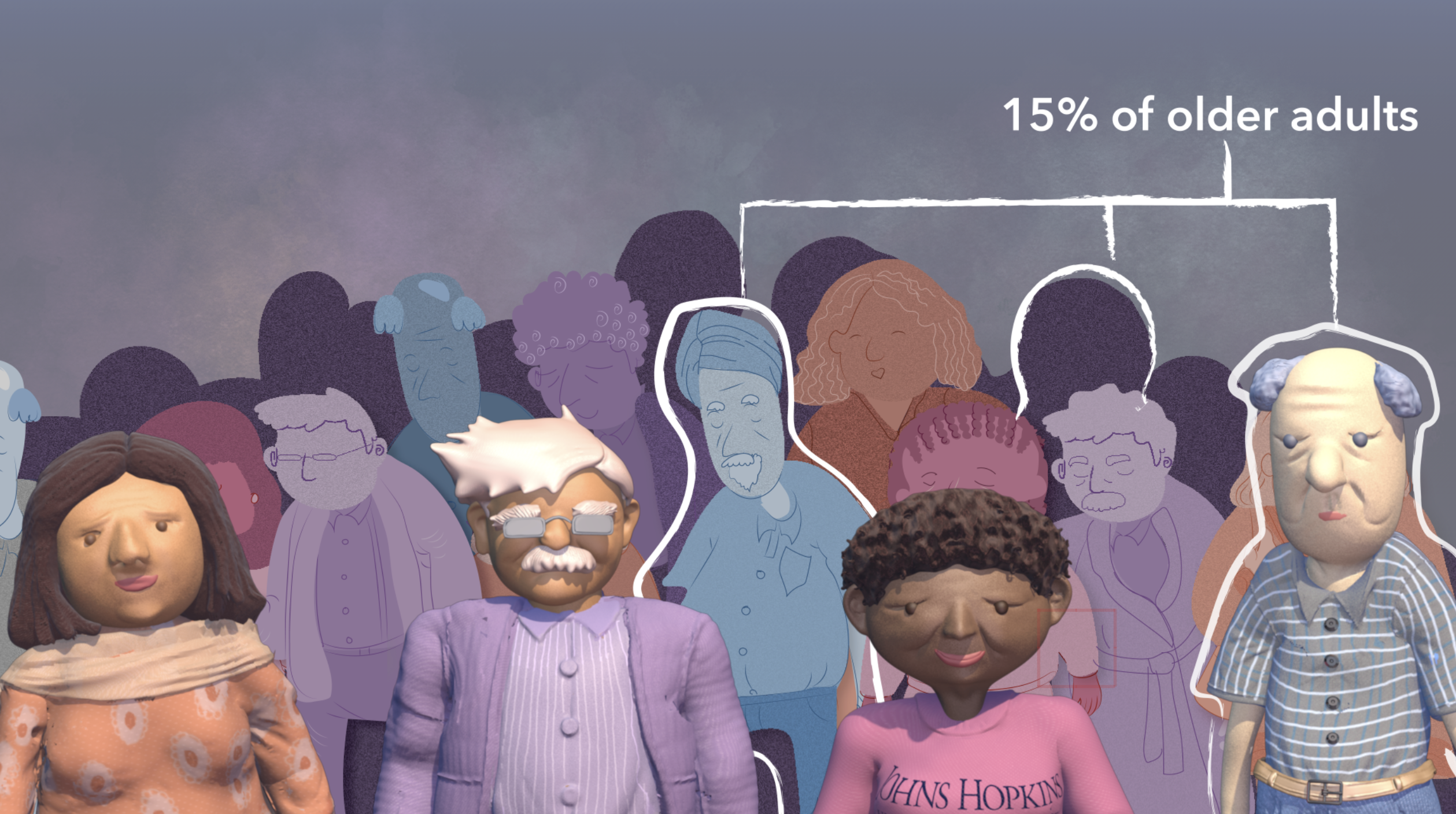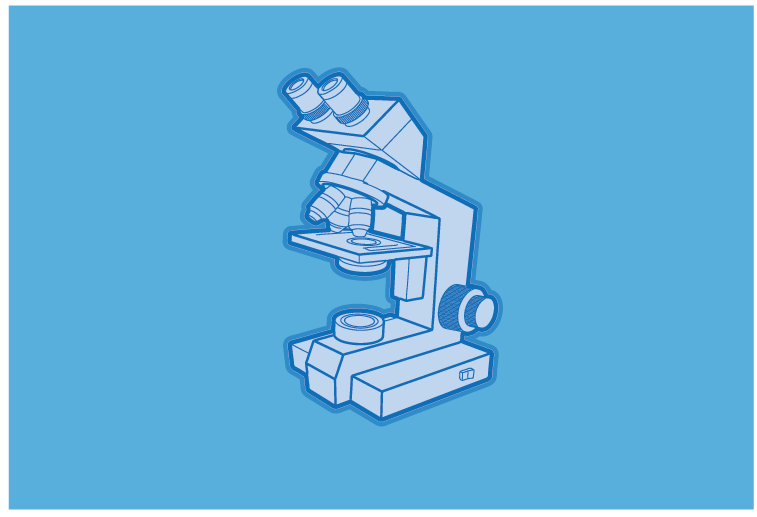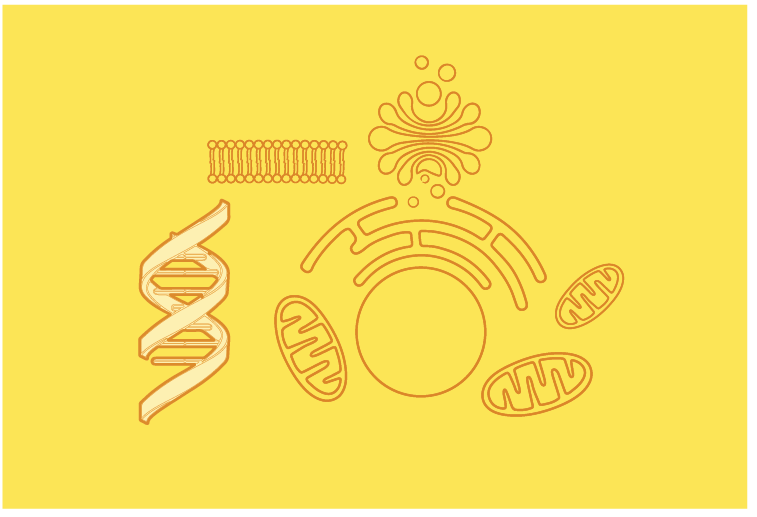Request For Letters Of Intent (LOI)
JHU OAIC Awards, Grant Year 2024-2025 LOI Due Date: Friday, April 12, 2024. Download PDF Instructions here. The National Institute on Aging-supported Johns Hopkins Claude D. Pepper Older Americans Independence Center (OAIC; https://peppercenter.jhu.edu/) is soliciting Letters of Intent (LOI) for scientific projects related to physical frailty in older adults. These proposals should aim to elucidate […]








